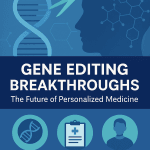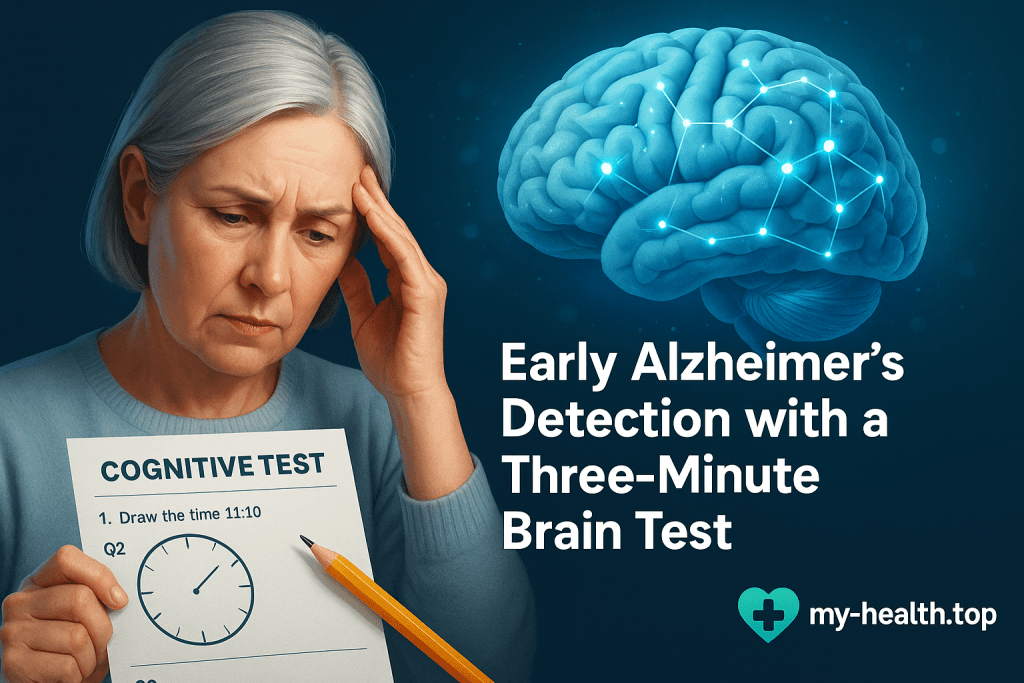For countless families, the slow fade of memory caused by Alzheimer’s is a heartbreaking reality. One of the greatest challenges has always been detection—catching the disease late in its progression, when options are limited. But what if we could spot the earliest signs of trouble in just three minutes, without a single invasive procedure or stressful hospital visit? Thanks to a groundbreaking development in the UK, that vision is moving closer to reality.
Researchers have unveiled a novel brainwave-based test called Fastball, and it has the potential to completely change the game in how we diagnose Alzheimer’s in its infancy.
At its heart is a deceptively simple process. A person sits comfortably and watches a series of images on a screen, all while wearing a cap fitted with non-invasive sensors that measure brainwave activity (EEG). Unlike a traditional memory quiz that requires active, conscious answers, Fastball is different. It’s more like eavesdropping on the brain’s automatic chatter, analyzing its unconscious responses to visual cues it has seen before.
When a healthy brain recognizes a familiar image, it produces a distinct electrical signature. If that response is weak or inconsistent, it can be an early warning sign of the memory impairment linked to Alzheimer’s—long before the person feels that anything is wrong.
This is a world away from the stressful spinal taps and costly brain scans that are currently used for diagnosis. Since Alzheimer’s begins its silent march years before symptoms become obvious, catching it early opens a crucial window for interventions, from lifestyle changes to new medications that can help slow its progress.
Early trials, conducted in partnership with the University of Bristol, have shown remarkable promise. The test successfully told the difference between healthy adults, those with mild cognitive impairment (MCI)—who are at a higher risk of developing Alzheimer’s—and even individuals with neurological issues unrelated to memory.
As Dr. George Stothart, a cognitive neuroscientist at the University of Bath who co-developed the test, explains, the assessment is sensitive enough to identify those at very high risk who haven’t yet been diagnosed. However, the researchers are clear that Fastball isn’t a final diagnosis. Instead, it’s a powerful screening tool to flag at-risk individuals who would benefit from further evaluation and earlier care.
Perhaps the most revolutionary aspect of Fastball is its potential to leave the clinic behind entirely. The possibility of home-based testing would be life-changing, reducing anxiety for patients and making it easier for older individuals or those with mobility challenges to get tested. It would also allow for more frequent monitoring, giving doctors a clearer picture of how a person’s memory is changing over time.
While the initial results are exciting, the road ahead requires larger studies to fully validate the test’s effectiveness. The crucial next step, as experts note, is to see if Fastball can accurately predict how an individual’s condition will evolve.
Ultimately, Fastball represents more than just a clever piece of technology. It signals a shift in our approach to Alzheimer’s—from one of reaction to one of proactive defense. As the research moves forward, this simple three-minute test could become a vital tool in preserving what matters most: our memories, our independence, and our sense of self.








Post a comment